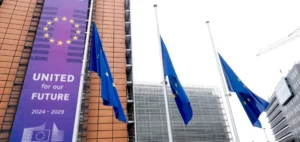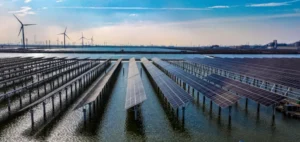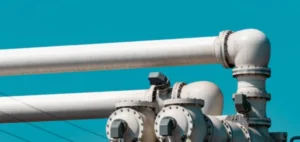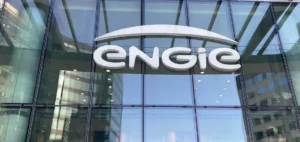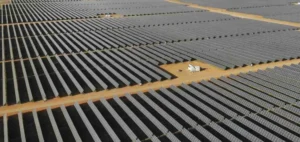British oil and gas giant BP has published its financial results for the third quarter, reporting a net profit of $4.9 billion, a significant improvement on the net loss of $2.2 billion for the same period last year. However, despite this improvement, markets were disappointed by earnings excluding exceptional items, which came in at $3.3 billion, below expectations of $4.01 billion.
Markets disappointed by lower-than-expected earnings excluding exceptional items
BP attributed this performance in part to weaker oil and gas performances during the quarter. Gas and oil prices rose significantly in the previous year, but have since fallen back, although they remain at high levels.
Despite market disappointment, BP announced a new $1.5 billion share buyback program for the fourth quarter. The company expects oil prices to be supported by OPEC+ production restrictions and continued demand, although refining margins are expected to be lower.
Resignation of ex-CEO Bernard Looney and its implications
The third quarter was also marked by the sudden resignation of ex-CEO Bernard Looney in September. This resignation was preceded by accusations of a lack of transparency concerning past intimate relationships with colleagues. Murray Auchincloss, the former CFO, is acting as interim CFO until a permanent replacement can be found.
BP’s management has raised questions among analysts, with its stock market performance less solid than that of its competitors, notably Shell. The company’s strategy was also called into question, in particular its carbon neutrality policy, which was announced and then revoked under pressure from shareholders.
In summary, BP reported a positive third-quarter net profit, but earnings excluding exceptional items disappointed market expectations. The company is facing challenges in terms of operating performance and strategy, particularly with regard to its transition to renewable energies. The resignation of former CEO Bernard Looney also added uncertainty to the company’s situation.



